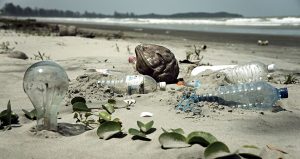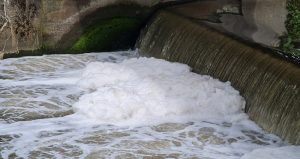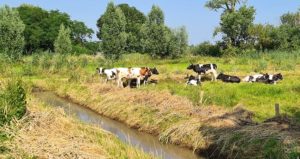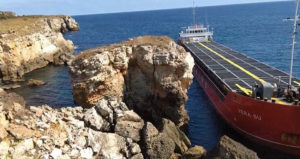Coal power plant in Bulgaria is polluting rivers
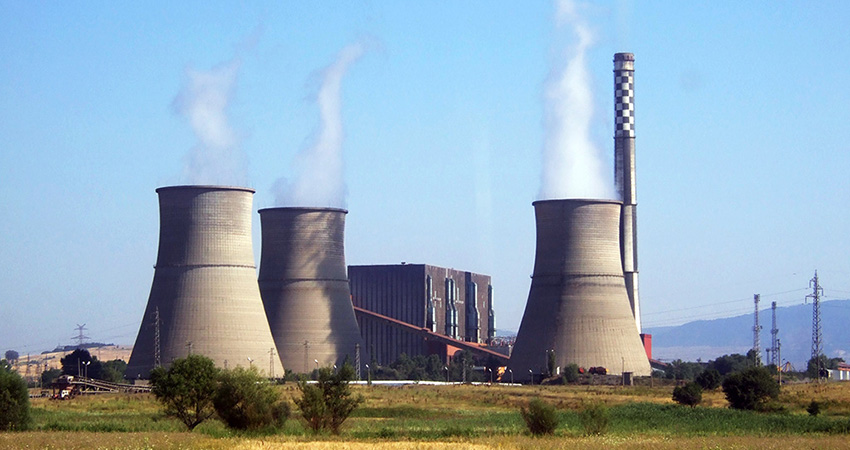
- 24 January 2022
-
Editorial Team
Share article:
The Struma River and its tributaries Rilska and German are again polluted by the coal power plant Bobov Dol in the West of Bulgaria. Inspectors in Sofia located the source of the pollution after a notification from fishermen. The waters are cloudy, with a specific gray-black colour. At this moment the pollutants have not yet been identified.
The pollution of the Struma River occurred through the river Razmetanitsa, a right tributary of the German River, which is a left tributary of the Struma River, which discharges wastewater from the activities of the coal power station Bobov Dol. In this case, the waters of the rivers Razmetanitsa, German, and the Struma are polluted by the discharge of wastewater from the thermal power station Bobov Dol, with extremely high content of pollutants that have not yet been identified.
Review permit
Meanwhile, the Executive Environment Agency (EEA) at the Ministry of Environment and Water has started reviewing and updating the complex permit of the thermal power station Bobov Dol. Deputy Prime Minister and Minister of Environment and Water Borislav Sandov after a surprise visit stated: “The purpose of the procedure is to introduce new requirements and conditions in the permit to ensure compliance with the norms, and the request to the EEA was made by the controlling units of the Ministry of Environment and Water – Regional environmental inspections and the Water Directorate in Blagoevgrad.”
Controversial source of energy
Coal power plants are controversial in Bulgaria. In July 2021 research from Greenpeace confirmed that these power plants are leading to water shortages. The study Unquenchable Thirst of Energy Production has been published by Greenpeace in Bulgaria and was conducted by Dutch scientists from the Center of Environamental Science in the Dutch city of Leiden.
Nexus between water and energy
The report predicts future impacts on the waters of the East Maritsa Basin, a region where 90% of Bulgaria’s coal capacity is located. It is also one of the regions in Europe projected to be most at risk from impacts from climate change. The study uncovers a nexus between water use, energy generation and climate change.
Coal use threatens ecosystems
The official national energy and climate plan, which Bulgaria has submitted to the European Commission, foresees the use of coal beyond 2030. The study shows that this would put significant pressure on local ecosystems due to lower water resources for local consumers, agriculture and other industries.
Coal addiction
With around 40% of its electricity coming from coal, Bulgaria is one of the EU countries most heavily reliant on this dirty fossil fuel, with no foreseeable coal phase-out date. Other coal-addicted countries in Europe are also experiencing struggles for water. For example, the Polish Turow coal mine is a threat to drinking water for thousands of Czech people. Not only do taps and wells often lack water, but mines and plants become the sources of water pollution, as the previous Greenpeace Bulgaria report on the Bobov dol coal power plant proved.

